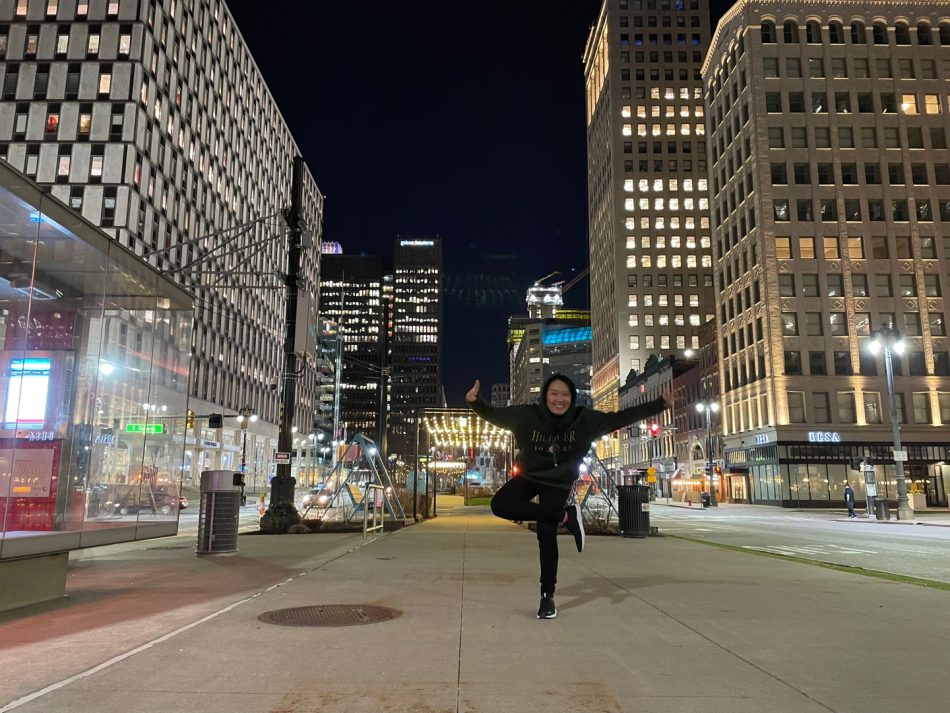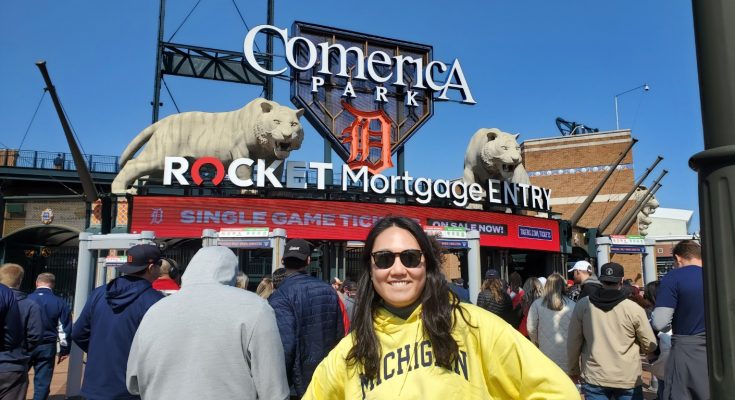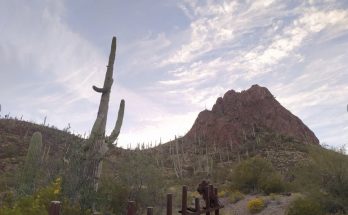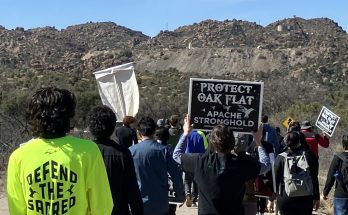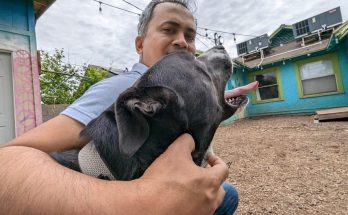Detroit was a city I dreamt of visiting but didn’t dare to. The rusty image of Detroit got imprinted in my mind when I fell in love with the movie <8 Mile> starring Eminem. And the news from Detroit would always be negative; the city declared bankruptcy, the heart of the decaying Rustbelt, a security vacuum overflowing with empty houses, and severe black-and-white racial tension. When the IIE announced in January that a leadership workshop would be held at Wayne State University in Detroit, I was the first to apply. “If you don’t go to Detroit this time, you probably never will,”- my heart said.
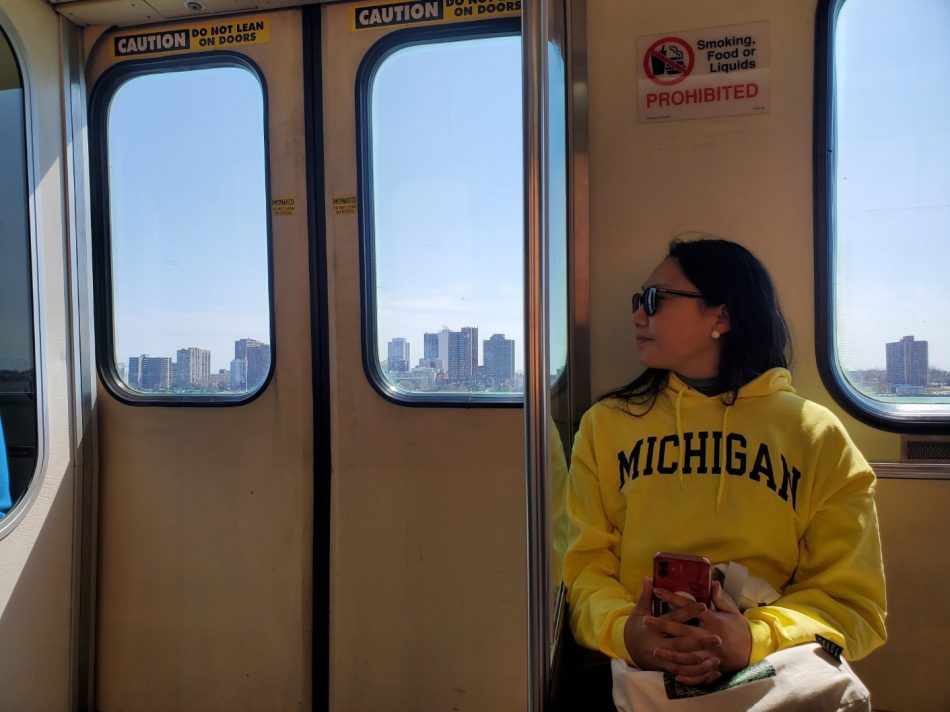
The Detroit I actually faced was very different. It
felt like meeting a nice guy on a blind date without any
expectations. I booked accommodation within a 20-minute walk
from Wayne State University, but while making a reservation,
I had doubts like “Can I really walk around?”.
But somehow, the city was much safer and cleaner than I
expected, and I walked to school feeling good every morning,
breathing in the fresh, hydrated air (which is rare in
Phoenix). All over the city, beautiful mansions and
buildings reminiscent of F. Scott Fitzgerald’s novel
The Great Gatsby are lined with signs explaining the old
history of these buildings. Detroit’s past glory is
unimaginable.
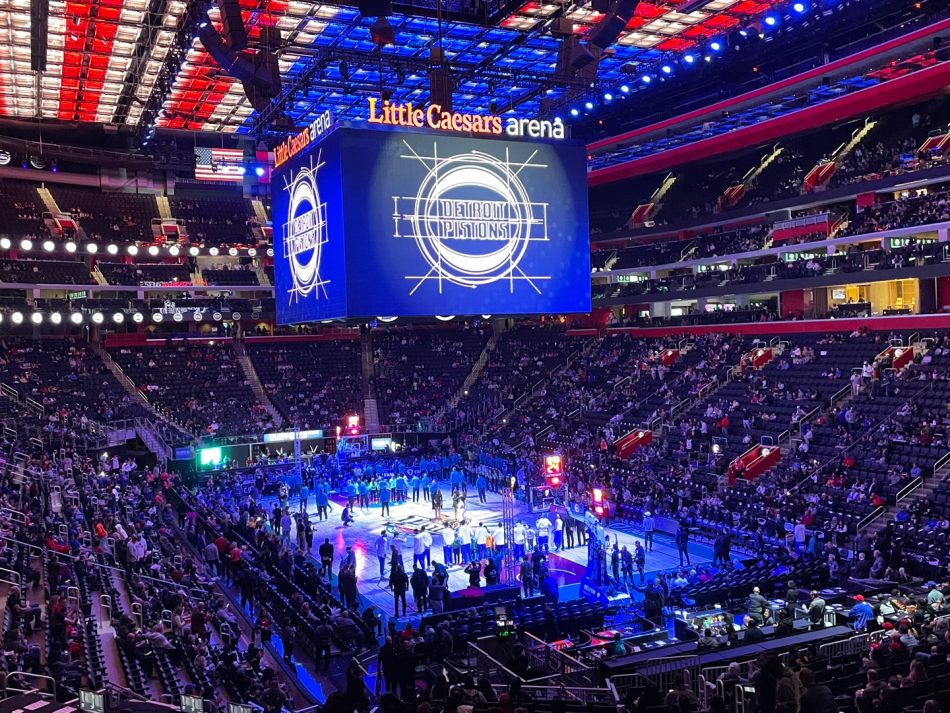
Detroit was also a sports haven for me, a sports
journalist. The city hosts teams in all four major
professional sports (NFL, NBA, NHL, MLB). After the
workshop, I visited the stadiums of three of these sports,
except for the NFL (Detroit Lions), whose season had already
ended. I pretended to be a ‘temporary citizen of
Detroit’ and cheered fervently, but unfortunately, the
NBA (Detroit Pistons), NHL (Detroit Red Wings), and MLB
(Detroit Tigers) all lost. It has been too long since this
city experienced the joy of winning. The Lions have never
won a Super Bowl; the Tigers last won the World Series in
1984, the Pistons last won the Finals in 2004, and the Red
Wings last won the Stanley Cup in 2008. May the glory of
winning return to this beautiful city!
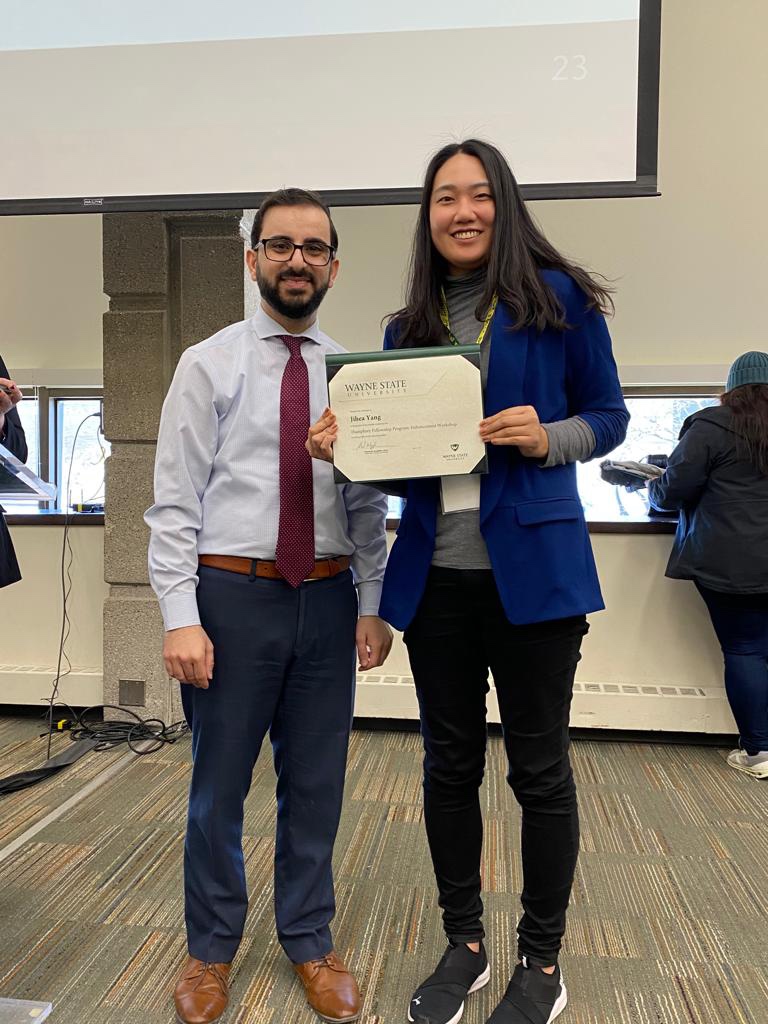
The four-day workshop (4/4-7) was more fantastic than
the city’s beauty. For those of us unfamiliar with the
school, Wayne State University students stood outside the
building holding “Humphrey Workshop” signs, and
staff handed out carefully edited binders with workshop
materials. On the first day, we studied the leadership model
based on the DISC personality type test results. I was
characterized as a pure C type, which stands for
conscientiousness, analytical thinking, considering the pros
and cons of matters deeply, and valuing precision and
details when it comes to work. While studying the different
types of D (Dominance), I (Influence), and S (Steadiness)
together, we had endless group discussions on how to bring
out each other’s strengths and create great synergy.
Thanks to Kimberly White-Jenkins for this informative
lecture!
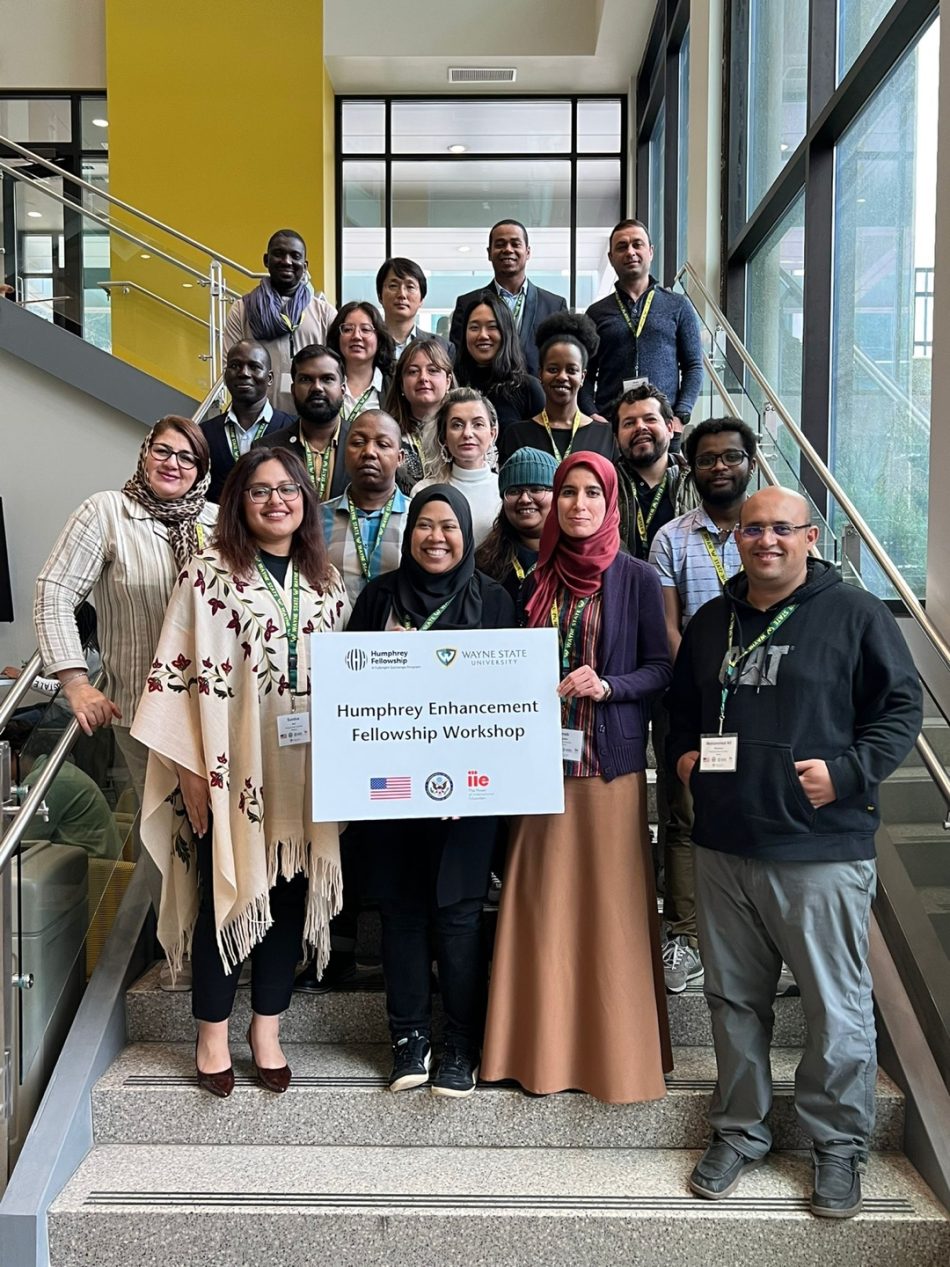
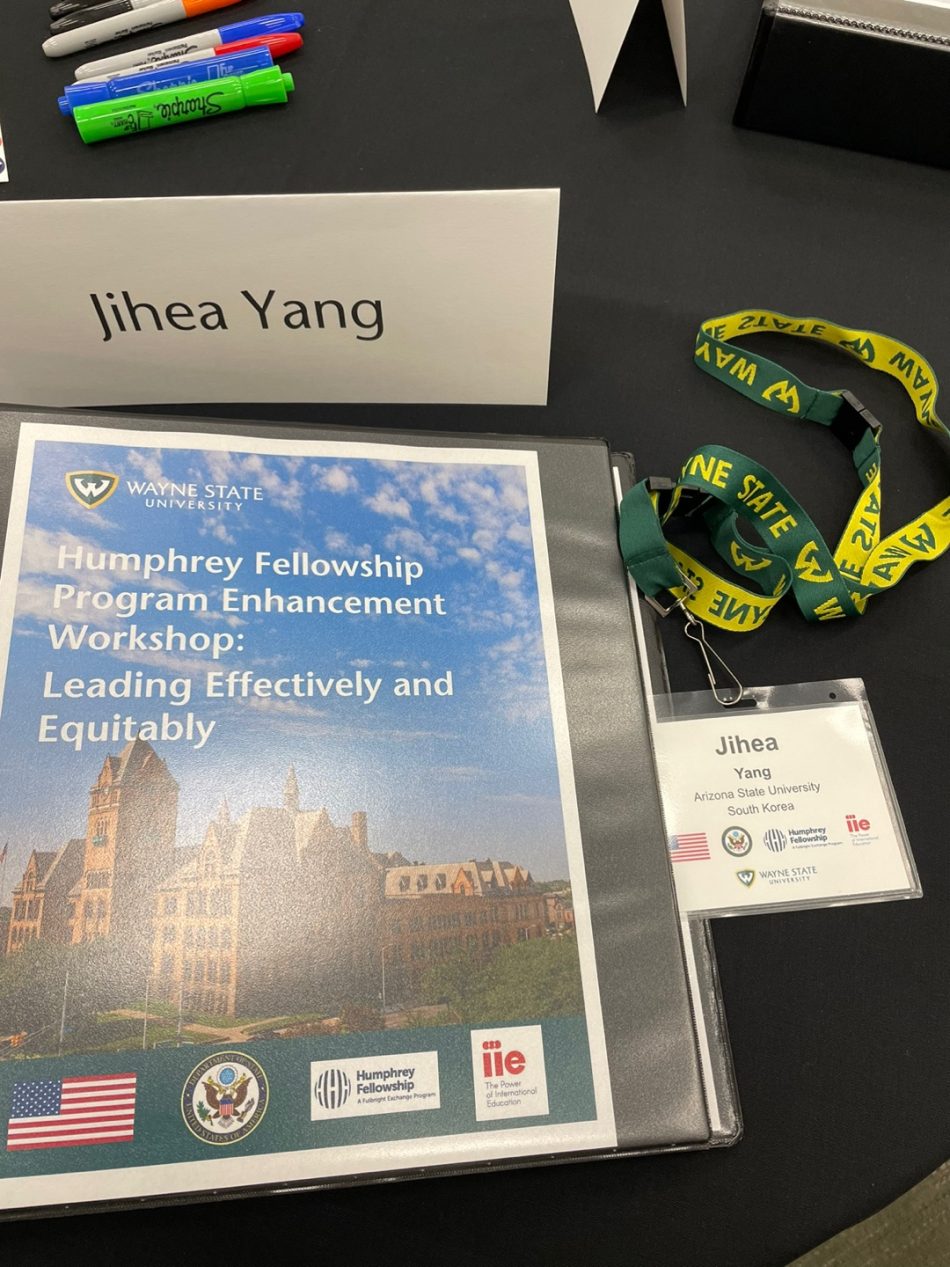
On the second day, Dr. Donyale Padgett expanded my worldview
with her session on how diverse diversity can truly be. My
country, South Korea, is a culture classified as a
“single nation-state” with racial, linguistic,
and cultural homogeneity. People are similar to each other
back home. It was a challenge for me to recognize each
other’s differences and create greater unity. I also
only used to pay attention to and reacted sensitively to
“gender discrimination.” I was not very
interested in other areas. However, Dr. Padgett made it easy
to recognize that there are enormously diverse
considerations such as age, gender identity, sexual
orientation, religion/spirituality, mental health status,
language, and race/ethnicity.
In particular, I learned
one wonderful word from her: “Differently
abled.” People with physical or mental impairments are
often referred to as “the disabled.” However,
this word itself underlies the prejudice that they are
incompetent and cannot play a significant role in society.
But when we start to think of them as people with
differentially capable abilities, the social sphere in which
we can work together becomes much more significant. As the
Paralympic Games have already shown, no one has an easy
answer to the question, “What is normal.”
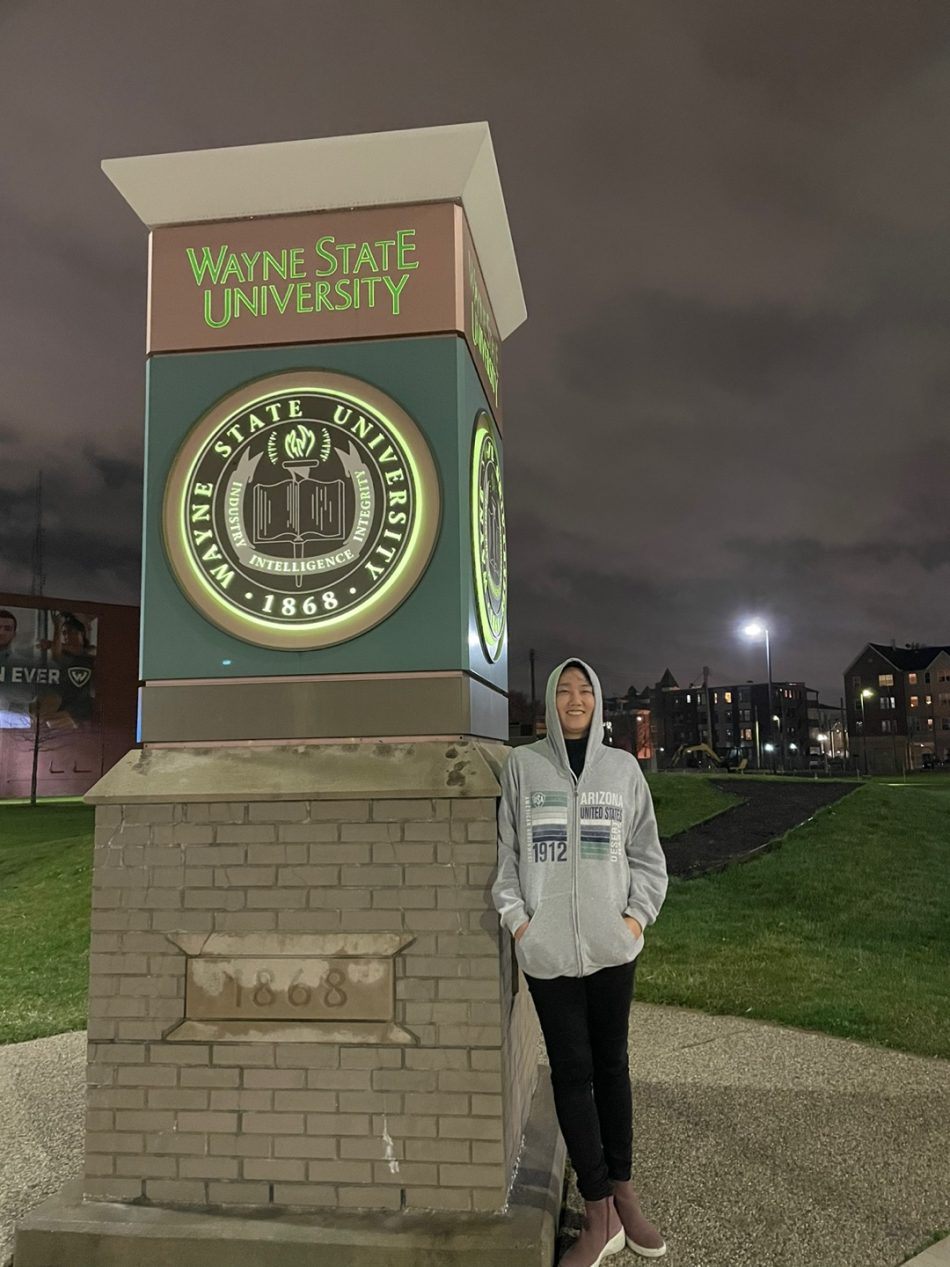
Wayne State faculty and staff demonstrated the value
of diversity in action. Halal food was served throughout the
workshop, and in consideration of Ramadan, lunch boxes were
also provided for Muslim Fellows to eat later. When the
certificate presentation ceremony was held after the
workshop, the staff wanted to pronounce our names correctly
and asked us for pronunciation directions. My name is
written as “Jihea” (meaning wisdom) but
pronounced as “Ji-he.” In the US, most people
say my name is hard to pronounce, and no one calls me
properly, so I was moved when hearing “Ji-he.”
Respect for native names based on the roots of each
country’s culture is a beautiful and important thing.
Thank you, Wayne State University staff, especially Fareed,
Jess, and Katie, for showing this precious value in action.
The more I participated in the workshop, the more
curious and courageous I became about Detroit, so I walked
around the city at night (I don’t recommend it to
others). I walked across the river to the end of downtown,
where I could see Windsor, Canada, and walked back home
safely. As I savored the beauty of the city day and night, I
reflected on the days when I would say, “Detroit is
just scary,” without ever having been to the city. As
the Wayne State University staff (natives of Detroit) point
out, people are saying, “Detroit is back,” but
the city has never left. There have certainly been some ups
and downs over the past few years, but now Detroit is poised
to build a bright future again, retaining its past glory.
As
I savored the beauty of Detroit, I realized once again the
importance of not being trapped by prejudice and
preconceived notions. If you do not have too many
expectations in advance and encounter unfamiliar objects
with an open mind and open eyes, even trivial things can
feel like a surprising twist. That’s the lesson
Detroit taught me this time.
Go Detroit!
